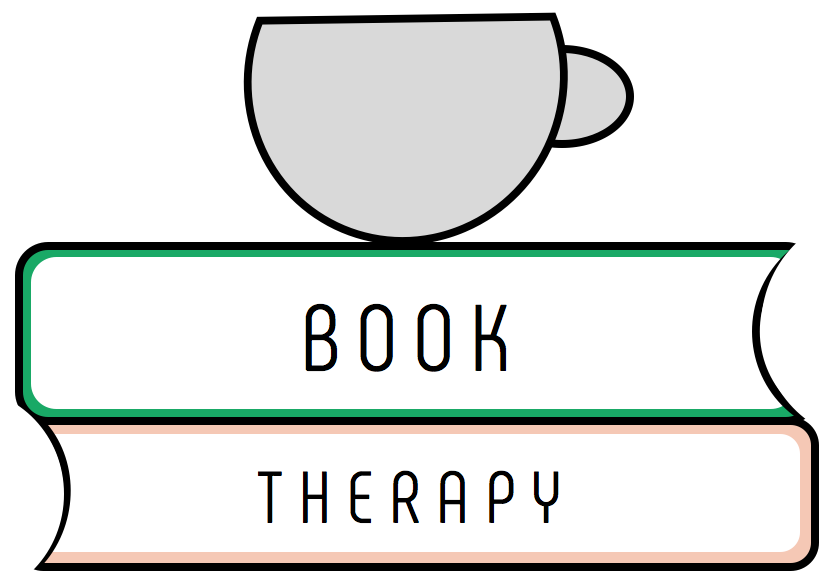It’s hardly news that we’re overloaded with information. We all complain about it, often on social media, giving each other even more information to deal with. Information expert Dr. Martin Hilbert published a study showing that we were bombarded with the equivalent of 174 newspapers worth of information every day in 2007. And that was more than a decade ago – just imagine what we’re facing now.
A lot of that information hits us through apps: Facebook and its affiliated apps, including Instagram and WhatsApp, are reported to hold our attention for 50 minutes a day. Add to that a whole host of other social networks, like Twitter, Pinterest, FourSquare, Reddit and so on, and we’re now spending on average 135 minutes a day looking at what other people are doing, saying and writing.
Think about that for a moment. 135 minutes. That’s 2 hours and 15 minutes. Long enough to run a half marathon, drive over 200 kilometres or watch the 2017 adaptation of Stephen King’s IT (which, as it’s based on a book written by one of the top 100 authors of all time, should really be read instead).
The problem is, in the depths of our information overload, we lose the ability to see what’s good. The strength and focus we need to wade through the relentless attack of links and status updates and motivational quotes overlaid onto whimsical images and automatically-playing videos with mistake-ridden subtitles wanes the more they’re piled on to us. That inability is carried over to other areas too, and before we know it we’re reading a Buzzfeed list of the best Royal wedding dresses and zombie-thumbing the Daily Mail.
This information overload is having an impact on our psychological wellbeing in many ways, not least resulting in a shockingly high rate of burnout. When the condition was first described in the ‘70s, it was put down to stress at work, in the context of high-powered executive lifestyles, banks housed in tall buildings and high-energy trading floors. But burnout goes far beyond long hours, and it’s compounded by a lack of space in our daily lives.
Burnout is a major problem for the working population in the Netherlands. In the 2017 National Salary Study by Nyenrode university and career site Intermediair, fifteen percent of women and nine percent of men reported having had a burnout, an increase of fifty percent in just two years.
A book and a cup of tea
There is a solution: reading. Just six minutes of reading can reduce our stress levels by half, according to a 2009 study. Earlier research showed that half an hour of reading is as relaxing as half an hour of yoga, and another study showed that reading reduces the level of cortisol – the stress hormone – as much as Tai Chi. In fact, scientists have shown reading to have a physically and mentally relaxing effect for almost a century.
Solitary reading can be hugely relaxing, but reading as part of a group also has health benefits: research has shown people who are part of a book club or reading group have a reduced risk of death in the six years after retirement.
And what better to do while you read than drink a cup of tea?
Tea has been a cure-all for thousands of years; many cultures around the world have developed traditional ceremonies around tea-drinking and it is often linked to people’s longevity and vitality.
There is some truth in these claims. The antioxidants in green tea are important anti-cancer agents, and they might even stave off degenerative brain diseases like Alzheimer’s. Black tea has been shown to protect the lungs against damage caused by cigarette smoke. Oolong may reduce bad cholesterol and Pu-erh tea can prevent weight gain.
Then there’s the vast array of herbal teas, like chamomile with its antioxidants and hibiscus with blood pressure-lowering properties.
The very act of drinking tea is beneficial too. A City University London study showed that people who drank tea after a stressful event had twenty-five percent less anxiety than those who didn’t. Psychologist Dr Malcolm Cross said: “This study shows that the social psychological aspects of tea enhance the effects of its chemical make-up on our bodies and brains… Put simply, the findings illustrate what most mothers would tell us: if you’re stressed, anxious or just feeling blue, make yourself a nice calming brew.”
